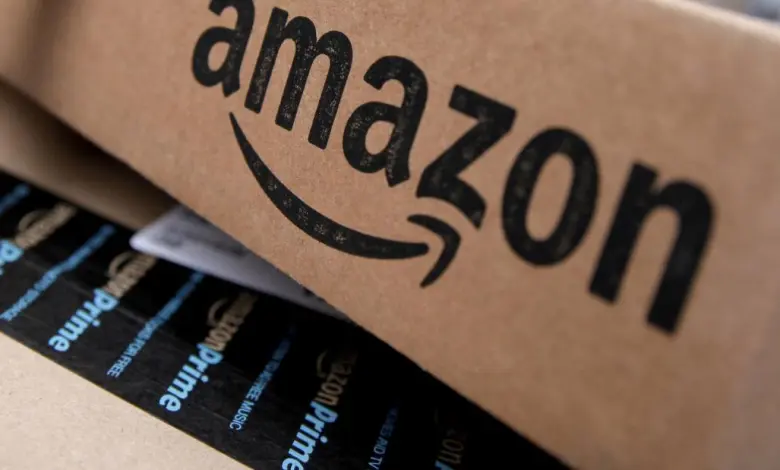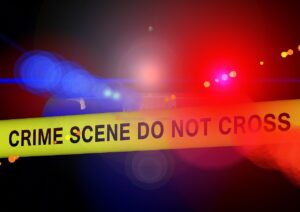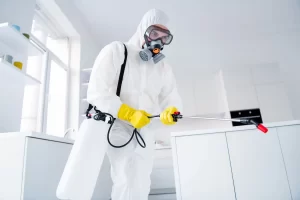Even with all the volatility brought on by persistent worries about the financial sector and conflicting information from top officials, stocks concluded the previous week in the black. Now things are a little clearer. President Joseph Biden and Treasury Secretary Janet Yellen both stated that if there is additional unrest, the administration is prepared to protect more bank accounts.
The Federal Reserve did raise interest rates last week, but it also gave a hint that it would do so less frequently now that the banking crisis is itself expected to impede the economy. The FDIC also reported that First Citizens Bank overnight agreed to purchase the $72 billion in assets of the defunct Silicon Valley Bank for a significant discount of around $16.5 billion. See real-time market updates.
A man approaches Bank while passing through an ATMA.
ccording to Hugh Son of CNBC, deposit transfers from smaller banks to larger institutions have slowed down recently. The sudden failure of Silicon Valley Bank earlier this month caused a larger panic, forcing depositors to move their funds from seemingly risky regional banks with less diversified assets to banks like JPMorgan Chase and Bank of America, which have wider business models and are better prepared to handle fluctuations in the financial markets. That does not necessarily imply that the larger banking industry has recovered. Deposits might resume moving quickly in the event of another catastrophe.
The UAW’s top job is up for grabs in a runoff between contender Shawn Fain and incumbent Ray Curry.
The United Auto Workers voted for a dramatic leadership change. The union, which represents hundreds of thousands of workers in the North American auto industry, narrowly elected reform candidate Shawn Fain as its president. Fain has vowed to take a harder line later this year in negotiations with Detroit automakers, all of which are, to varying degrees, in a costly process of transitioning to electric vehicles.
Fain wants stronger benefits for members, as well as better job security and a return of cost-of-living matching to pay. The change in leadership also comes after a year-long federal corruption probe that convicted 13 UAW officials, including two former presidents, of crimes including bribery and embezzlement.










